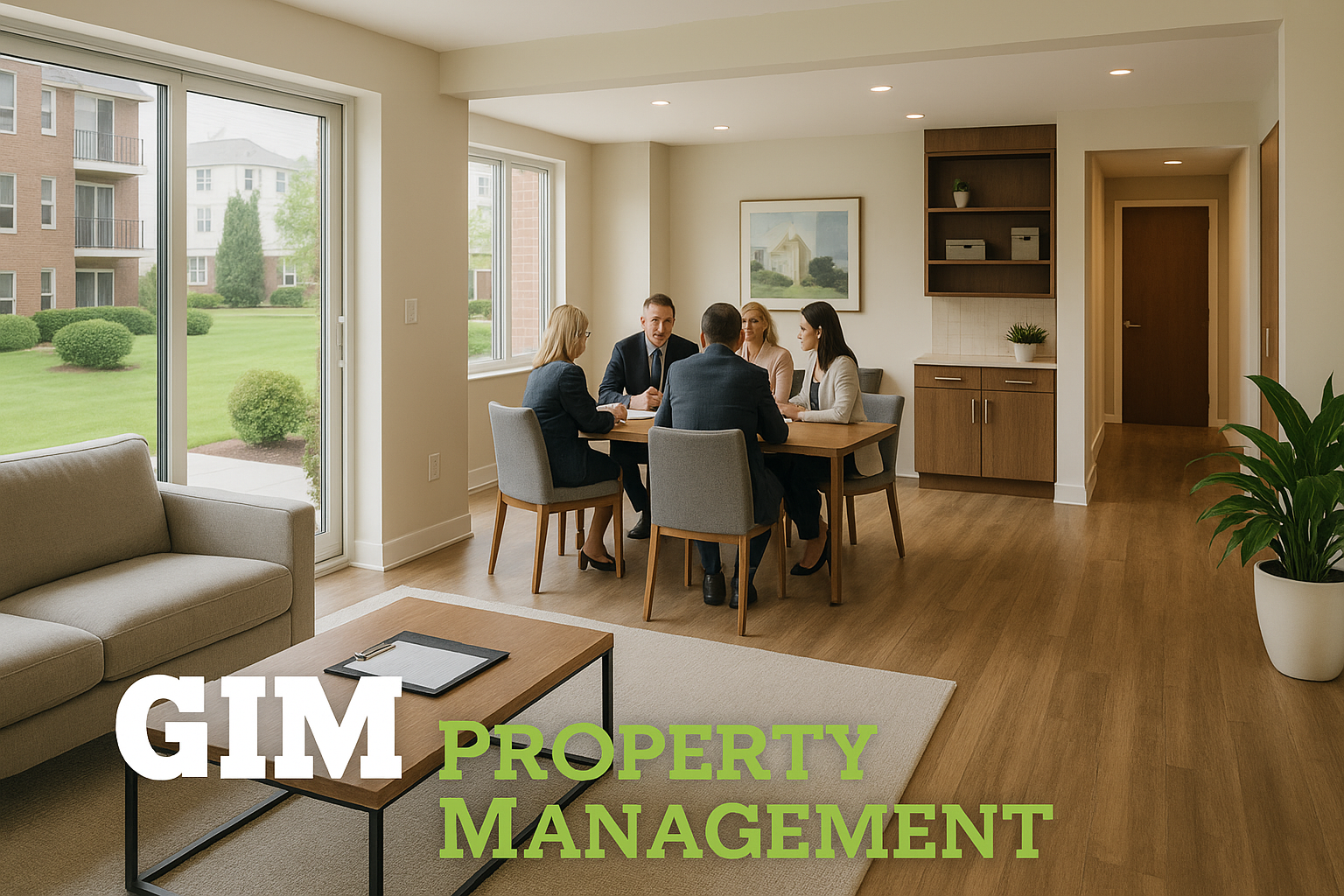Connect With Our Property Experts
Discover essential tips for vendor management to enhance property success in Massachusetts. Streamline relationships and choose the right partners with confidence.

Discover essential tips for vendor management to enhance property success in Massachusetts. Streamline relationships and choose the right partners with confidence.

md
Are you new to property management or feeling overwhelmed by the multitude of tasks on your plate? One of the most critical components to maintaining a smooth-running community is effective vendor management. At GIM Property Management, we understand that selecting the right vendors can make or break your property's success. Here are a few tips to streamline your vendor relationships. First, always vet your vendors thoroughly; check their references and ensure they hold the necessary licenses and insurance. Second, establish clear communication channels and set expectations from the start to avoid misunderstandings. Finally, maintain a performance review system to ensure continued quality service. Imagine the peace of mind knowing your landscaping, maintenance, and other services are in capable hands—allowing you to focus on building a vibrant community. What challenges have you faced with vendor management, and how did you overcome them? Join the conversation below!
Vendor management involves the strategic oversight of third-party service providers who contribute to the operation and maintenance of your property or community. This process is crucial because the right vendors can enhance the quality of services, improve community satisfaction, and potentially reduce costs through efficient management. Key concepts include selecting vendors, negotiating contracts, monitoring performance, and maintaining relationships.
Several key factors contribute to why vendor management is significant:
The quality of vendors directly affects the community's satisfaction and overall perception. High-quality services lead to higher resident satisfaction and retention.
Effective vendor management can reduce operational costs by negotiating better terms and avoiding unnecessary expenses.
Ensuring vendors comply with local laws and regulations, particularly in Massachusetts, is essential for avoiding legal issues and maintaining community standards.
Proper vetting and monitoring of vendors help mitigate risks, such as service disruptions or financial liabilities.
Understanding the age, condition, and operational needs of your property is crucial in selecting and managing vendors. Property managers are responsible for:
Professional management adds value by bringing expertise, efficiency, and peace of mind to the vendor management process.
Thorough Vendor Vetting
Competitive Bidding
Clear Contract Terms
Regular Performance Reviews
Consolidate Services
Build Strong Relationships
Leverage Technology
Negotiate Long-term Agreements
Educate Your Team
Stay Informed on Market Trends
Need Help Managing Your Budget or Strategy? At GIM Property Management, we specialize in streamlining vendor management processes to maximize efficiency and community satisfaction. Contact us today for expert assistance that aligns with your property management goals.
Effective vendor management is about balancing costs with the quality and value of services provided. By implementing thorough vetting processes, maintaining clear communication, and regularly reviewing vendor performance, property managers can ensure that their communities operate smoothly and efficiently. Transparency, ongoing engagement, and strategic partnerships with vendors are key to achieving this balance.
Request a consultation with GIM Property Management today to explore how we can enhance your vendor management strategy and support your community's success.
Reach out for expert advice on vendor management and property success.
Contact Us